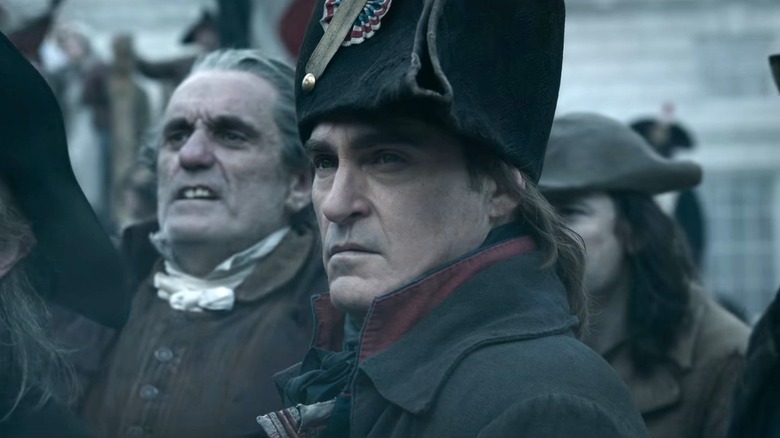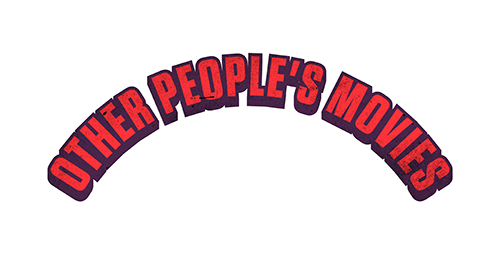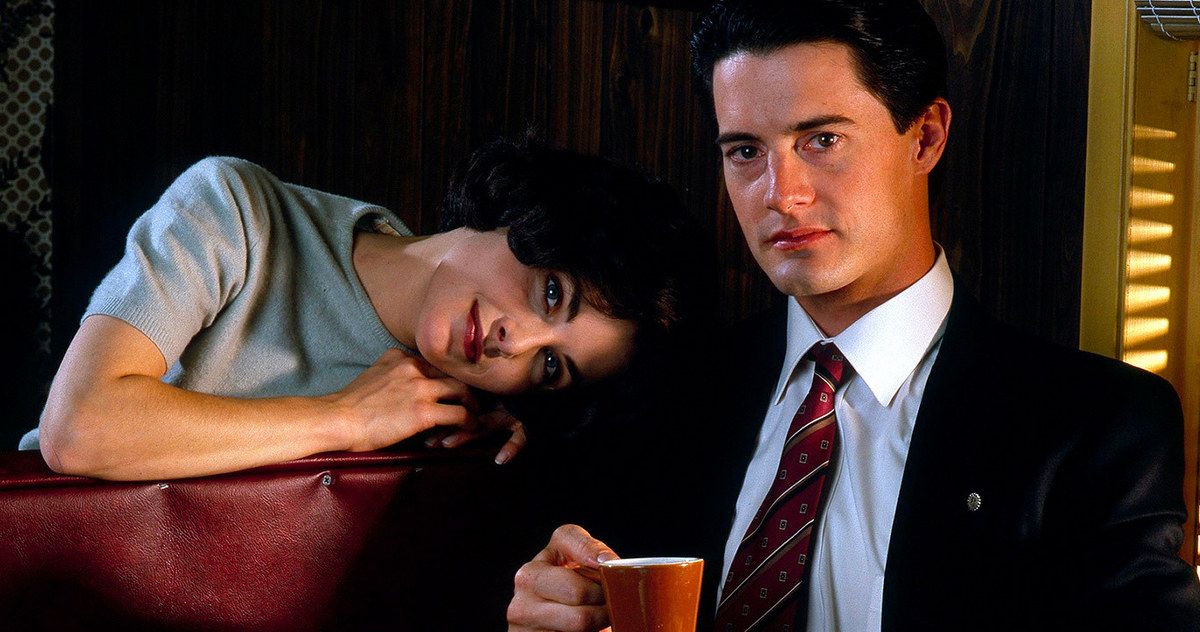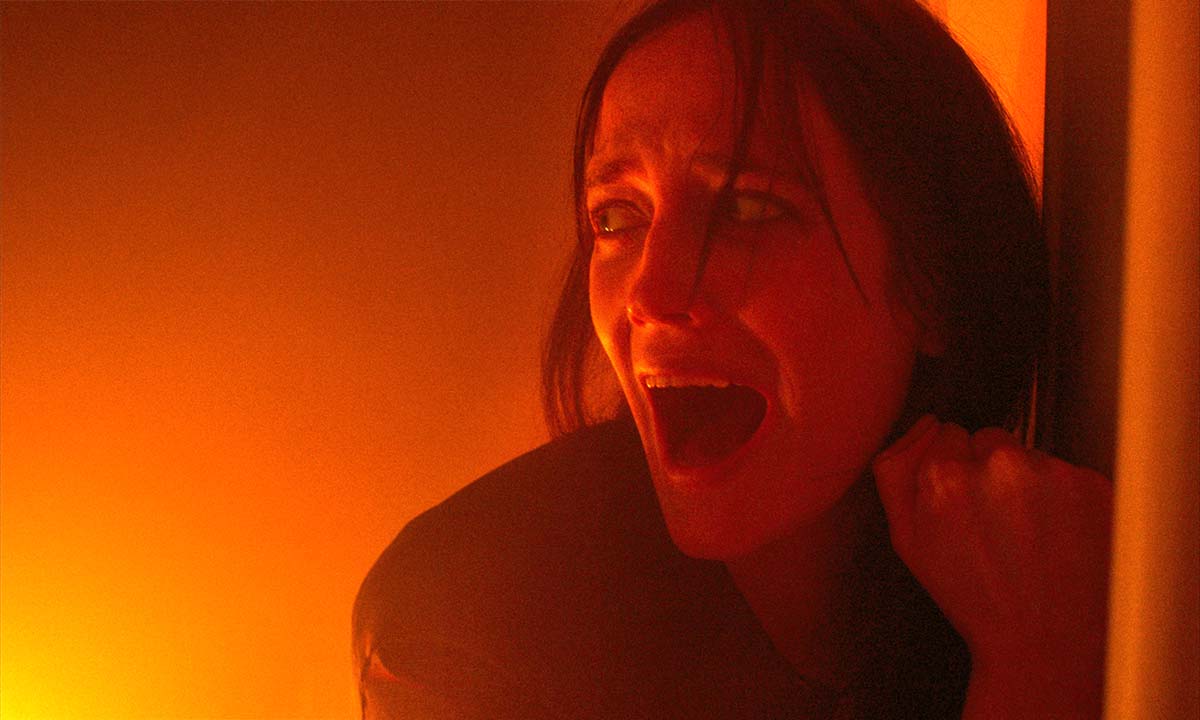
The now twenty-eight feature films of Ridley Scott vary quite heavily in quality. He’s made a few indisputable masterworks (Alien, Blade Runner, Thelma & Louise), a couple of stinkers (Robin Hood, Exodus), and a wide selection of films that range from being near-masterpieces at best to mediocre at worst. Whatever their overall quality may be, Ridley Scott’s films usually share a precise and refined filmmaking style and endlessly striking visuals. His lesser films can be viewed as mere exercises in style that lack identifiable humanity and relatable human emotions.
Scott’s latest, the two-and-a-half-hour theatrical cut of Napoleon, is an example of mediocrity. There is a supposed four-hour-plus cut of the film in the works that could potentially rectify the theatrical cut’s primary faults, however. The theatrical cut, as it stands, showcases many of Scott’s strengths while equally revealing his weaknesses. The battle sequences, costumes, sets, and Dariusz Wolksi’s cinematography are all examples of impeccable craftsmanship, but the film’s inability to tell a story to which its audience can emotionally connect leaves a bit too much to be desired. Hopefully, the future extended cut will allow more room for what the theatrical cut sorely lacks.
The film’s presentation of the life story of the legendary French general and politician never feels alive. It resembles an abridged and dispassionate history lesson that merely skims the surface of Napoleon’s character and his accomplishments on the battlefield during the late 18th and early 19th centuries. The movie very much wants us to believe that Napoleon (Joaquin Phoenix) is largely driven by his obsession with his wife, Josephine (Vanessa Kirby). The film makes it clear that Napoleon wants to conquer and control Josephine as much as he does the world, but it doesn’t explore their characters and their relationship enough for it to be felt by the audience as well. The constant time-jumping of the film only allows its events and characters to be understood on a basic intellectual level, but they are never truly communicated on an emotional one. You understand that Napoleon is an endlessly ambitious, obsessive, and unsatisfied man, but you never come close to understanding why.
David Scarpa’s screenplay would have been more successful if it had been narrowed down to focus on and explore just one time period of Napoleon’s life rather than sweepingly covering years of it through the presentation of brief and dramatically soft snippets of time. Either that or it simply should have been retooled and extended to be an eight-hour miniseries. The film suffers due to its over-ambition within a feature-length format and it doesn’t have enough time for its characters and themes to be properly developed. You never fully get to know who anyone is or what the true significance of each time period the film covers may be. As a result, the film fails to be fully engrossing, no matter how grand Scott and his team’s filmmaking is. If you’re like me and you’re not a particularly huge history buff who already knows the subject matter, it’s quite easy to be predominantly untouched by the film’s epic aspirations. I would like to believe that the future four-hour-plus cut might fix some of these problems, but that remains to be seen.
In this cut of the film, the performances come across as rather lackluster. Phoenix has a few moments that show off his signature deep commitment and emotional vulnerability, but, overall, is given little else to do but exhibit a pompous, stuffy, and unrelatable demeanor. The audience never gets a sense of who Napoleon truly is behind his uniform and endless public posturing. While his subtlety is admirable, Phoenix’s work feels surface-driven and incomplete. Kirby’s performance suffers even more than Phoenix’s. It’s frustrating to watch her in the film because as soon as you start to get a feel for Josephine’s character and a sense of the high quality of Kirby’s work, the film jumps ahead another few years without further developing or paying respect to what came before it.
The theatrical cut of Napoleon bites off quite a bit more than it can chew. While its ambitions are exciting in theory, the film’s execution is too dry and, frankly, too narratively sloppy for it to reach its desired effect. The talent involved in the film should have produced a better movie. Hopefully, an extended cut will eventually offer this flawed film a brighter future. As it currently exists, however, it’s a bit of a mess that merely shows glimpses of the greatness that it could have achieved.
GRADE: C



